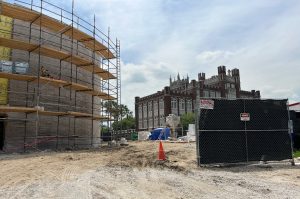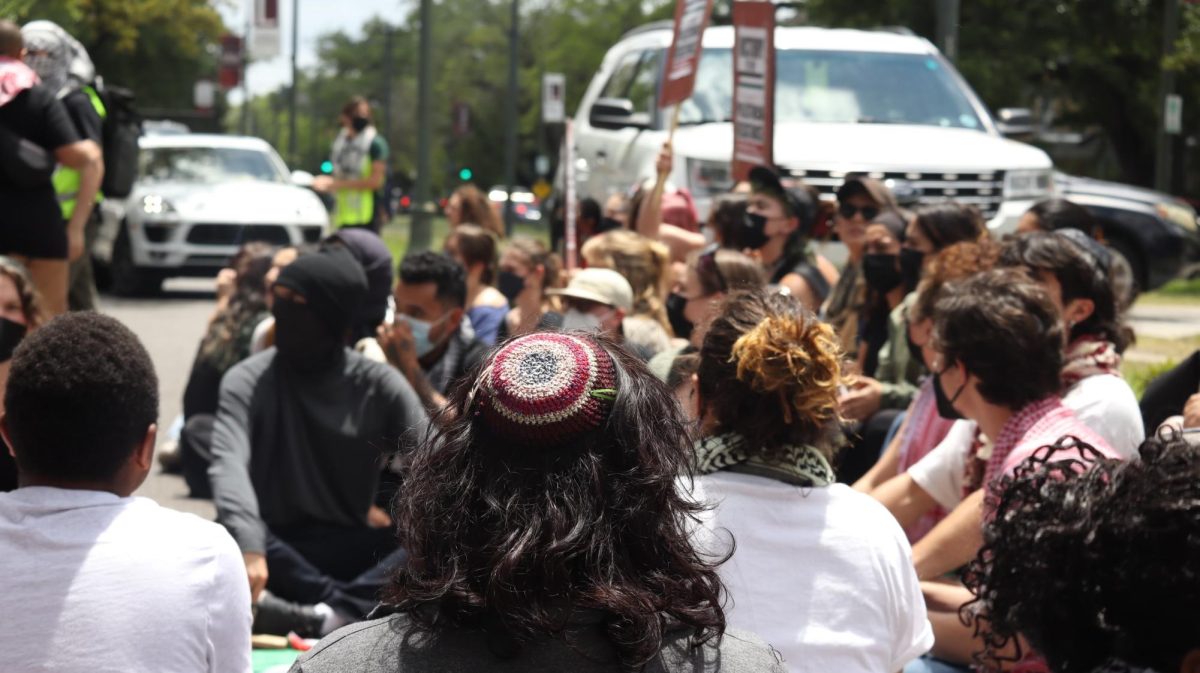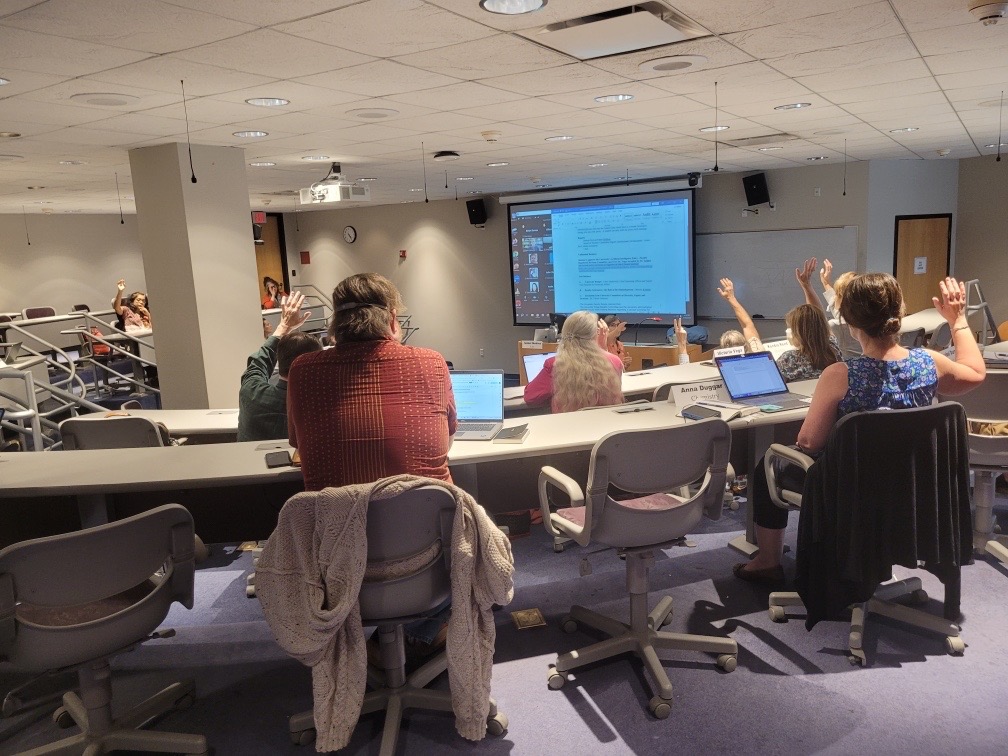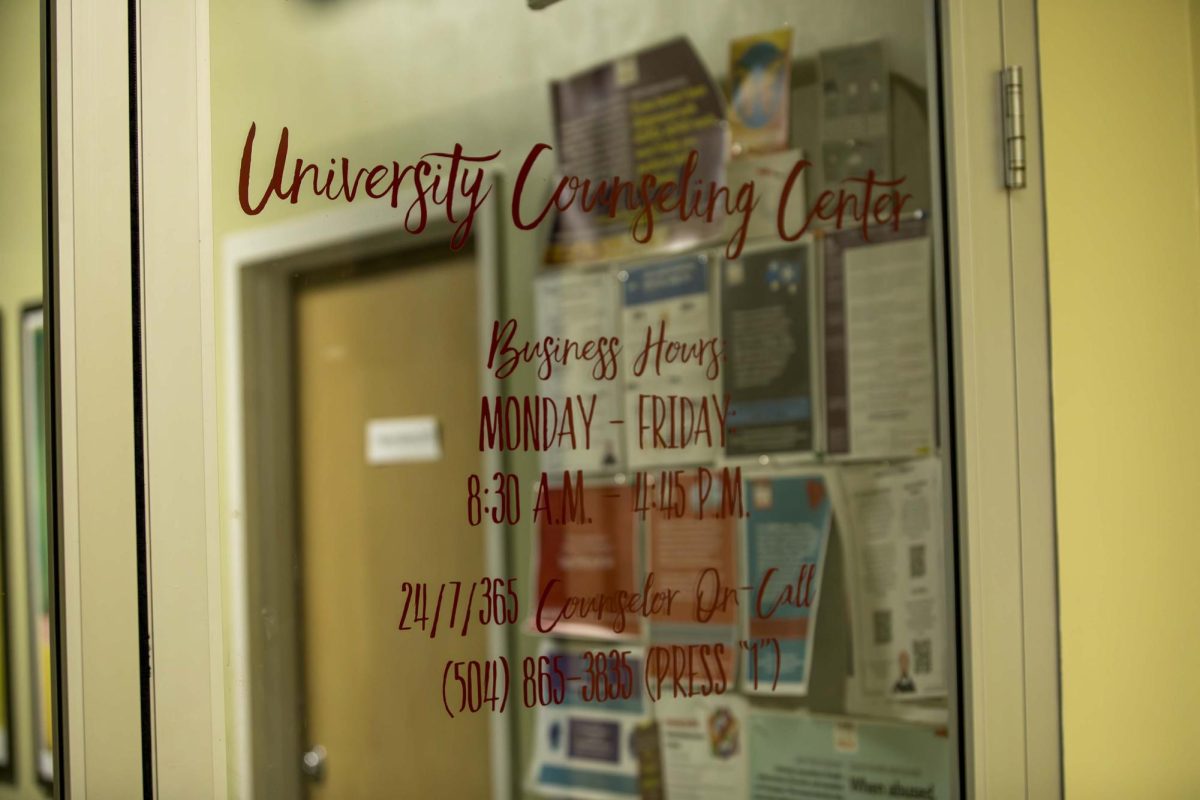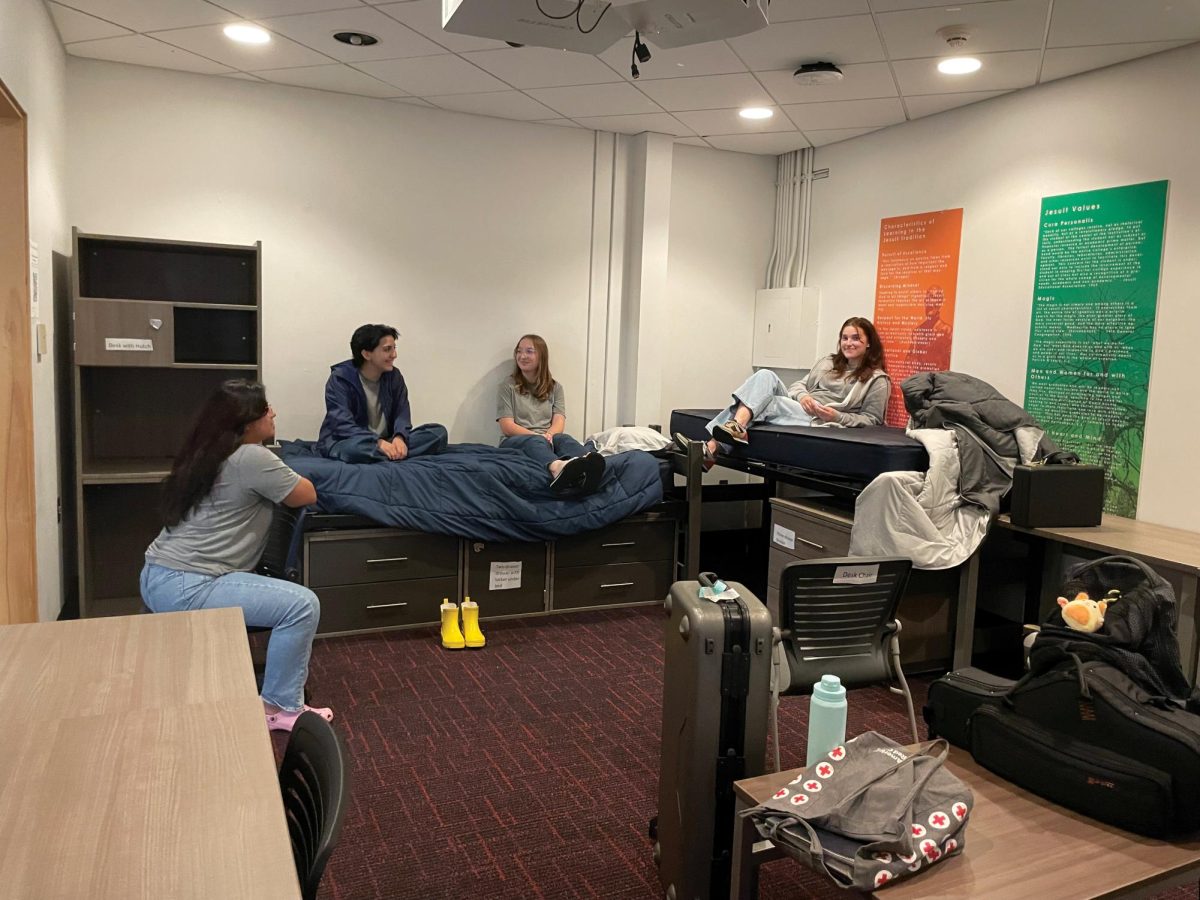Providing inmates with protection is the most critical reform needed in Orleans Parish Prison that can be made, especially when taking into account students imprisoned for misdemeanors, according to Loyola University law professor M. Isabel Medina.
“I always try to remember that these could be my children,” said Medina. “It could be my child that is taken to central lockup.”
The consent decree is basically calling for the reform of Orleans Parish Prison – a prison that, the United States Department of Justice claims, violates the constitutional rights of its prisoners.
According to George Capowich, a criminology professor at Loyola, Orleans Parish Prison does utilize a classification system meant to separate low-risk inmates from more violent ones.
“I know the classification system exists, but at least one story I saw, and I have no way of confirming it, is that apparently, the classification system isn’t used correctly,” Capowich said.
Capowich states that classifying inmates is normally a part of the intake procedure. When someone comes in after they are booked, they are house, and then classified.
“That includes types of offense, criminal history, background, that sort of thing, so that people aren’t all lumped together,” Capowich said. “So that younger inmates, nonviolent inmates, or the minor offenders aren’t housed with gang members and people with a history of violence.”
When people are first entering the prison and are being booked, Capowich explains that there is still some concern for inmate safety in central holding areas.
“When someone is first booked, while that’s being done, everybody is sort of housed in a central area,” Capowich said. “That’s a problem, because then you automatically have people being mixed together – inmates that is.”
Lieutenant Angela Honora of the Loyola University Police Department says that Loyola students who find themselves in trouble with the law go through a certain process once they are arrested.
According to Honora, if a student is arrested for the possession of illegal drugs, and they test positive for drugs, they are transported to lockup.
“Sometimes they may never get to the second phase of lockdown because they’re usually out before the second process,” said Horona.
Professor Medina believes that the current focus on the inadequacies of Orleans Parish Prison should not only concern the citizens of New Orleans, but it should also get them to call out even more strongly for change.
“The ability of that prison to continue to work in our community depends on our willingness to accept those conditions,” Medina said.



